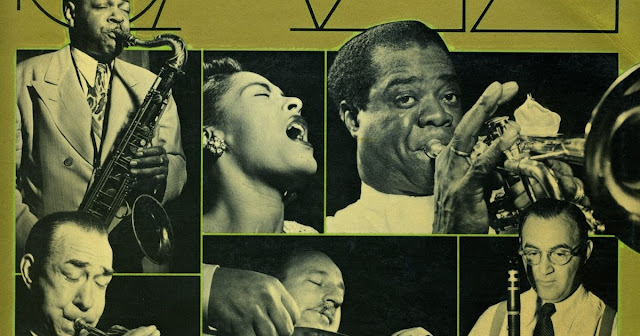Communicating with a Senior Who Can No Longer Speak
Some of life's changes related to aging include disabling diseases that can render your senior loved one incapable of communicating. An older adult who has had a stroke, Parkinson's disease, Alzheimer's disease, or a brain injury can be left unable to talk or understand language. This condition is called Aphasia. The type and severity of symptoms of this disorder will vary with each individual, and it can be frustrating for the older adult and the caregiver. Most often when the senior loved one is non verbal, family members and the caregiver go into a non responsive mode where they just look, and pass the time. In-home care Prescott has some tips for you;
Find a Way of Communicating
It is important to find a way of communicating with the non verbal senior loved one because they still have their other senses that work. It is often said that a person's hearing is the last sense that they will lose. This being true, the older can hear when someone is talking to them. Regardless of their health condition, you should always talk to them about what is going on around them. Tell them about some of the things that were interesting to them before. They would still enjoy hearing about the family, and some of the funny things that happened. Talking to them is essential even if they cannot respond. Communicating with the older adult in any way can be beneficial even if they cannot let you know that they hear you.
Touch Therapy
Using touch therapy can help the connection between caregiver and family members and the senior loved one. Watch for any cues that may indicate that the touching needs to stop. The older adult can still smile, and they can also frown. If the touch therapy is causing a change in mood or behavior, change to a different touch technique. There could be some changes in their breathing, their posture, expression, or postures that will let you know that the touching should be discontinued or changed. Before expressing hands on physical affection, you should talk to your senior loved one and tell them what you are about to do.
From early childhood, children learn to read their mom's facial and body expression, and know exactly what they mean. Your senior loved one may not have the ability to talk, but they are able to see certain expressions. Do not allow your frustrations to show in your actions or demeanor.
Final Words
Communication with a non verbal senior loved one can be a rewarding for both parties. You will soon learn that their gestures have plenty of meaning. They may not be able to let all of their wants and needs be known, but you can develop an understanding of some generalities that they want to convey. Home Care Prescott strongly suggests that never stop talking and using touch therapy with them. They can still sense certain emotions. Even if you are not having a good day, they may want to hear about it and show some empathy. You want to make them feel good about themselves and others around them.




i was diagnosed of parkinson disease 5 years ago,i started azilect,then mirapex as the disease progressed in february last year,and i started on parkinson disease Herbal medicine from ultimate herbal home,few months into the treatment i made a significant recovery,almost all my symptoms are gone,great improvement with my movement and balance,it been a year and life has been so good for me,contact them at ultimatehealthhome@gmail.com
ReplyDelete